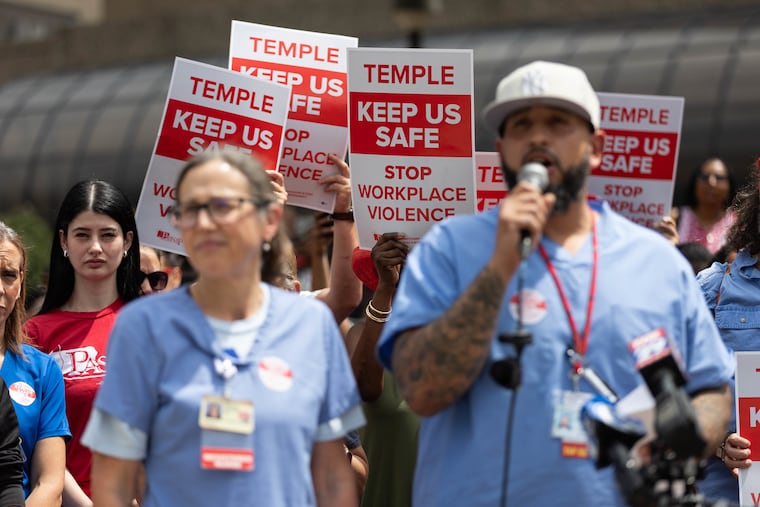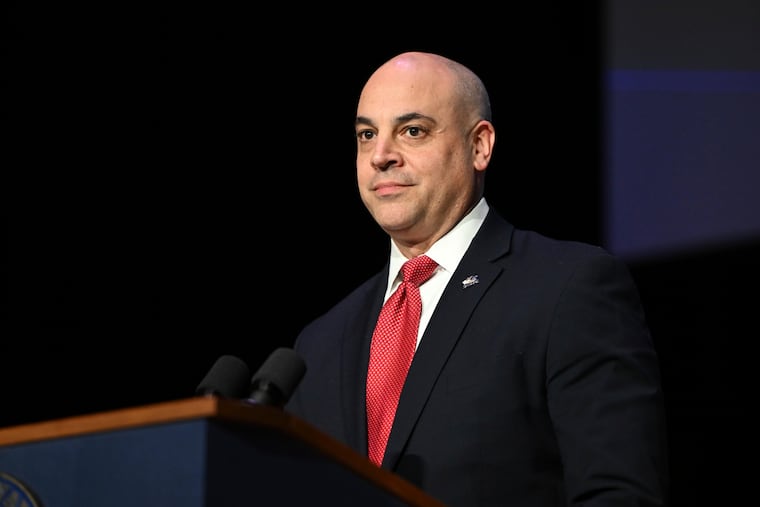Nurses at a Temple hospital protest safety issues following an active shooter alert.
An incident at Temple University Hospital recently raised significant concerns about security protocols and employee safety. On a quiet Sunday afternoon in July, an unexpected loud bang was heard outside the facility, coinciding with a man entering the emergency department and barricading himself in a bathroom. Panic quickly ensued among patients and staff members, who instinctively sought shelter as emergency protocols were activated.
Hospital personnel promptly issued an alert through the hospital’s loudspeaker system, declaring a “code silver” to indicate an active shooter situation. On-site staff, including head nurse Marie LoPresti, took immediate action by contacting law enforcement, fearing the worst regarding the intruder’s intentions and the potential for armed confrontation.
Fortunately, the situation was resolved within approximately 30 minutes, with Temple University Police apprehending the individual, who was found to be unarmed. An investigation determined that there had been no evidence of a shooting at the hospital, alleviating immediate fears but leaving lingering concerns among hospital employees regarding safety protocols in high-stress situations.
The episode prompted a rally organized by the Pennsylvania Association of Staff Nurses and Allied Professionals (PASNAP), where healthcare workers voiced demands for enhanced workplace safety measures, including better security protocols and comprehensive training for potential emergency situations. The labor union represents roughly 2,700 nurses and healthcare technicians at Temple, and advocates for the prioritization of safety initiatives during contract negotiations.
While hospital administrators acknowledged the anxiety-inducing nature of the event, they defended their response, stating that staff acted according to established protocols. Shane McDevitt, vice president of facilities, commented on the inherent challenges posed by such situations, emphasizing the need for continuous improvement in emergency preparedness.
Healthcare industry data reveals that violence against healthcare workers is an alarming trend, with a staggering 81% of nurses reporting experiences of physical aggression, threats, or harassment during the past year. This climate of uncertainty has led to increased calls for the implementation of more robust safety training protocols, including active shooter drills and upgraded weapon detection technologies in sensitive areas like emergency departments.
The incident reflects broader safety issues affecting hospitals not only in Philadelphia but across the nation. While such violent episodes are infrequent, they underscore the vital need for hospital administrations to prioritize safety measures to protect both patients and healthcare workers. The commitment to a safer working environment remains crucial, as employees advocate for strategies that ensure their safety in a challenging profession.







